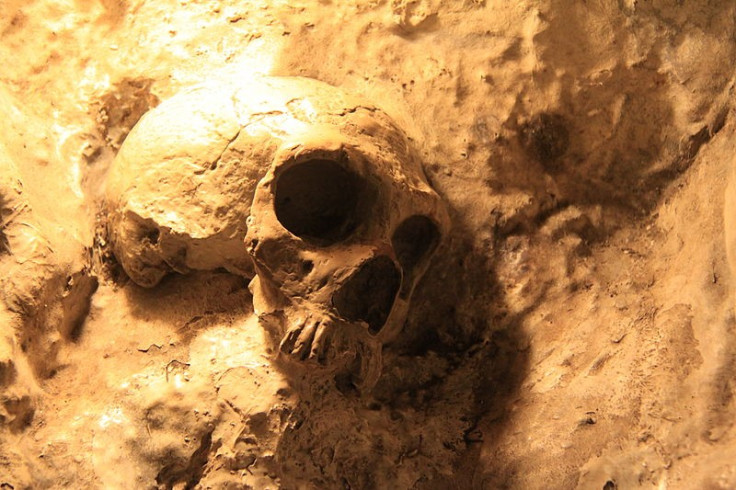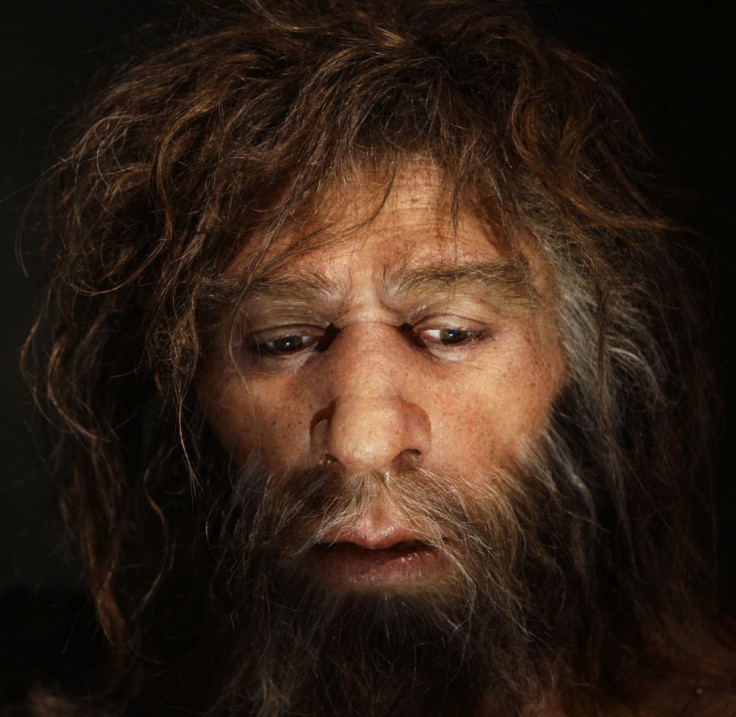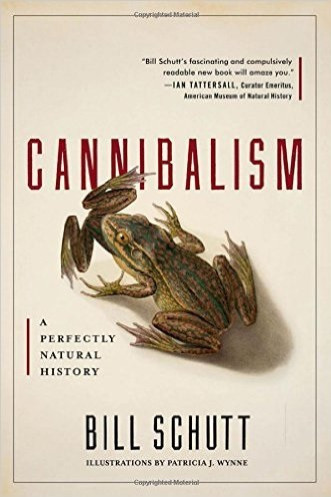Cannibal Neanderthals: Did eating brains help push them to extinction?
Cannibalism: A Perfectly Natural History explores extinction theory of modern humanity's ancestor.

Cannibalism might have helped push the Neanderthals to extinction with a neurodegenerative disease spreading as a result of the practice of eating brains.
The possible role of cannibalism in the decline of our extinct relatives has been highlighted by Bill Schutt, professor of biology at LIU Post and a research associate at the American Museum of Natural History. His latest book, Cannibalism: A Perfectly Natural History, explores how the practice permeates nature – including our own species – and is far more common than may be expected.
In one section of the book, Schutt looks at how evidence increasingly suggests that Neanderthals ate one another – and what impact that may have had on their numbers.
It is thought the Neanderthals first emerged in Eurasia between 200,000 and 250,000 years ago. They went extinct around 40,000 years ago for reasons that are wide ranging. Current thinking suggests that the arrival of modern humans from Africa and a changing environment were the main factors.
However, several other elements might also have played a role in their decline. And one of these is cannibalism. As Schutt points out, Homo antecessor – the supposed ancestors of the Neanderthals – are thought to have been cannibals. Remains show evidence of cut marks on H. antecessor bones that were identical to the cuts found on animal bones, potentially indicating they were used as food. "Homo antecessor, like many species throughout the animal kingdom, may have simply considered others of their kind to be food. In other words, they may have eaten human flesh because it was readily available and because they liked it," he wrote.

Similar evidence has been found for Neanderthals, with the Moula-Guercy cave site in France providing "excellent" circumstantial forensic evidence of cannibalism.
But would this have been enough to lead to their decline? Schutt told IBTimes UK: "I believe that Neanderthals did practice cannibalism. I don't believe that the populations were large enough that cannibalism was a way to secure meat. If you don't have enough people you're just tearing into the population. We're not talking about millions of individuals, so I don't believe it was a common way to get food. When there were conflicts, I think they probably consumed their dead, or the people they vanquished."

Instead, Schutt explores the possibility that the consumption of Neanderthal brains infected with a type of transmissible spongiform encephalopathies (TSEs) could have caused the disease to spread, speeding population decline.
Kuru, a type of TSE, has previously been identified as a disease spread through cannibalism. Specifically, it was found among the Fore people of Papua New Guinea and was linked with the consumption of brain tissue. This led anthropologist Simon Underdown to create a mathematical model looking at how a disease similar to kuru could have had an impact on a Neanderthal population.
"Having established a potential route for the contraction of transmissible spongiform encephalopathy, Underdown suggested that, in addition to the actual consumption of diseased individuals, disease transmission might have occurred through the use of stone tools contaminated by blood and tissue of infected individuals," Schutt wrote.
While this is a hypothesis that cannot be proven, Schutt said the linking of cannibalism and the decline of the Neanderthals cannot be dismissed. "I don't believe kuru was key reason why the Neanderthals went extinct," he said. "There's no proof kuru existed in the Neanderthals – but it was a hypothesis by an anthropologist as a way that maybe this is something that pushed them over the edge in local populations. This was a mathematical model Underdown put together that indicated that in populations of this size, if you had kuru running through it, that would put a huge dent in that group.
"Neanderthals were in decline anyway – in the sense they were being beaten down by modern humans who were coming in. This might have been an extra push."
© Copyright IBTimes 2025. All rights reserved.






















